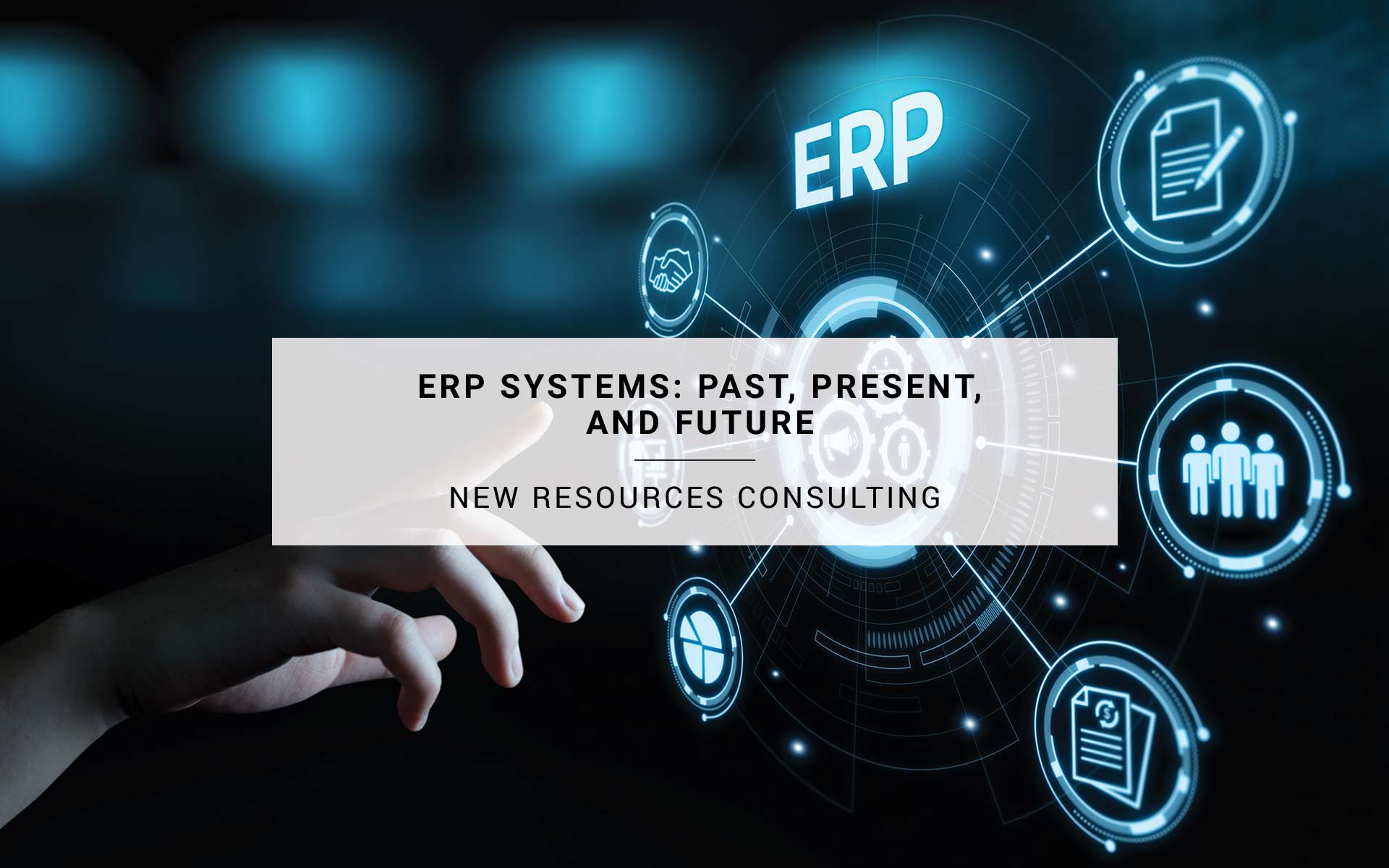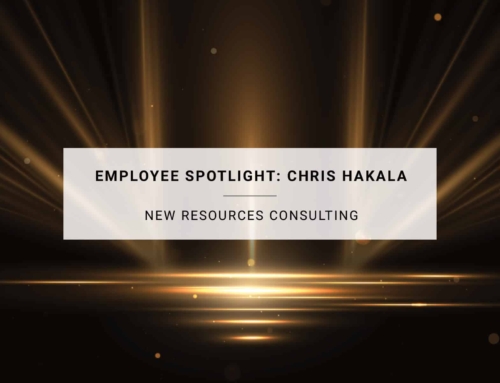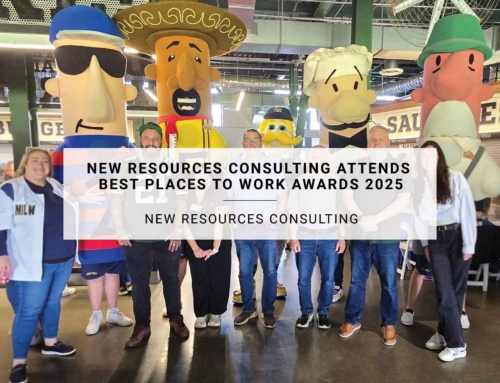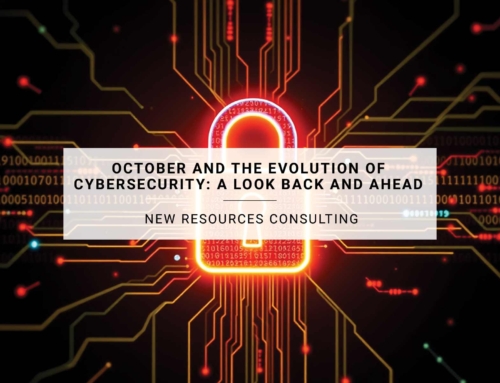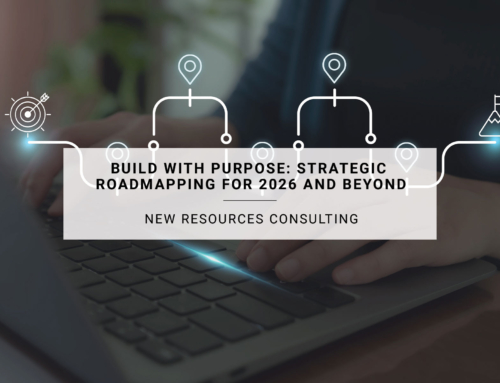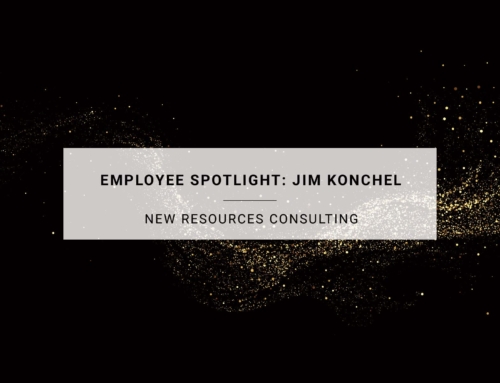ERP Systems: Past, Present, and Future
What is an ERP? ERP stands for Enterprise Resource Planning—a vague term when you boil it down that can be open to interpretation. ERP systems have existed for my entire lifetime and likely yours as well. Over this time, we have seen significant changes in the scope of both business processes and the data being tracked. I’ll talk about a few of the major systems, but understand there are countless numbers of ERP systems.
PAST
The first ERP systems (actually, MRP—Materials Requirements Planning systems) from the 1960s were primarily designed for the manufacturing industry to track inventory and perform item replenishment. In the 1970s, SAP entered the field and introduced the first full-fledged system, which also included Financial Accounting in their system, with JD Edwards entering the market at the end of the decade. In the 1980s, we saw the advent of PeopleSoft, along with many of the applications, including HR-related data as part of their ERP systems. The 1990s also saw a move of many of the applications, moving from running on the mainframe to now being placed on client/server hardware.
PRESENT
Many of the ERP systems noted earlier are still in use today but have moved to have a web-based and/or cloud-based end-user experience. There has also been a movement to provide access to more employees, oftentimes the full employee base. The applications allow for more frequent changes to provide new and improved business processes and to incorporate updated regulatory requirements.
FUTURE
What will tomorrow bring for our ERP systems? The major vendors have roadmaps to show us what they are looking to bring in in the next few years, such as new features and functionality. I foresee greater integration between the core ERP systems and other applications built for more specialized purposes, likely integrating via APIs. Artificial Intelligence is already in use; however, we will see a greater adoption of this into our systems, especially around improving the end-user experience. One thing is for certain—WE will be the ones who craft what ERP will look like in the future.
As we look toward the future of ERP systems, it’s clear that the landscape will continue to evolve, driven by advancements in technology and changing business needs. At New Resources Consulting, our Enterprise Solutions Group is dedicated to staying at the forefront of these developments. With our expertise in ERP systems and a deep understanding of the challenges and opportunities they present, we are well-equipped to offer guidance and assistance to organizations navigating this complex field. If you have questions or are seeking support for your ERP initiatives, we’re here to help.


